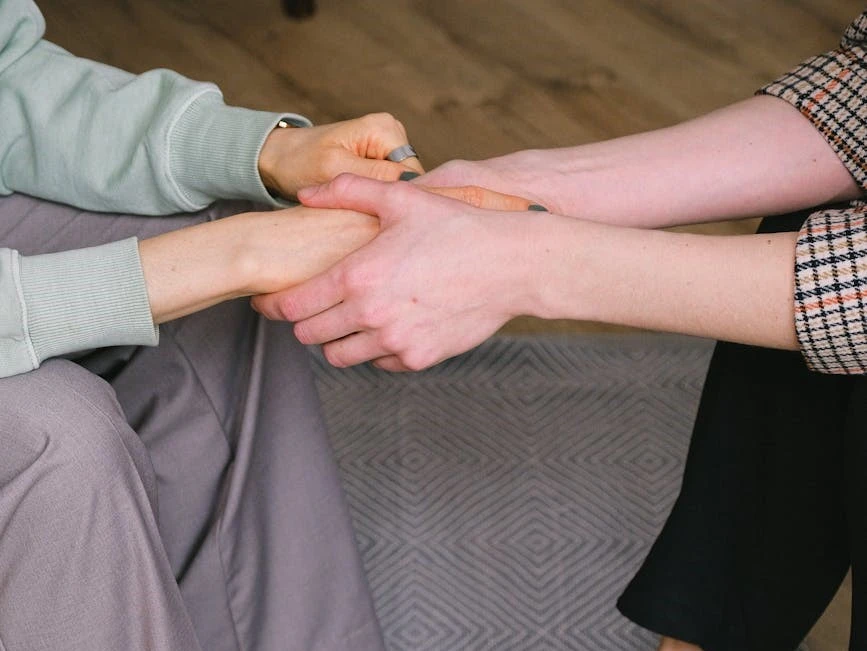Grief is the emotional response to any type of loss. You may have lost a loved one due to death or divorce, the loss of a job, a pet, financial stability, or safety after trauma.
Feelings of grief can be overwhelming, and it can be hard to know how to manage and overcome these emotions. Additionally, the grieving process can vary from person to person. Some may initially be able to continue their day-to-day routine until suddenly they can’t. Others may struggle soon after a loss.


There is no orderly process of passing through stages of anger, denial, and acceptance. Everyone experiences loss differently based on their personality, culture, and beliefs, among many other factors.
As you grieve, some days may be better than others. Try to have patience with yourself and others during this process, as it is a healthy part of healing. If you are having trouble coping on your own, or know of someone who could use extra support, a therapist can assist.
Grieving loss is a natural part of life, but you don’t have to do it alone.
There isn’t an “amount” of grief or level of distress that you need to experience before seeking support from a therapist. Even people who feel they are coping “well enough” may benefit from grief counseling.
At My Therapy Connection™, our goal is to help you process your thoughts, feelings, and emotions in a safe, judgment-free environment. We work with you to identify your therapy goals and at your pace.

An important part of healing is knowing that you are not alone. Seek support from your friends, family, or faith, or join a bereavement support group.
Sharing your loss can make the grieving process easier. Remember to take care of yourself; to eat, sleep, and exercise even when you’re too stressed or tired to do so.
A healthy alternative is to seek the help of a professional therapist. A therapist can help you work through your intense emotions in a safe environment.